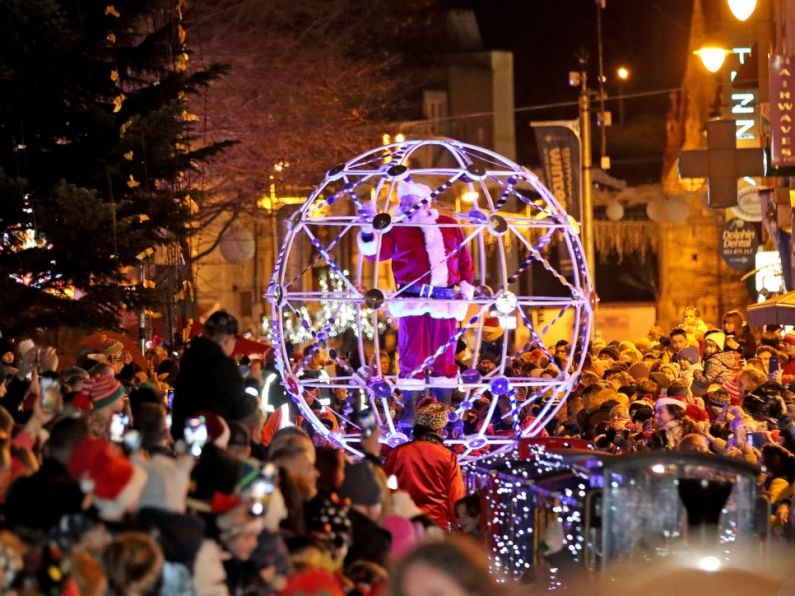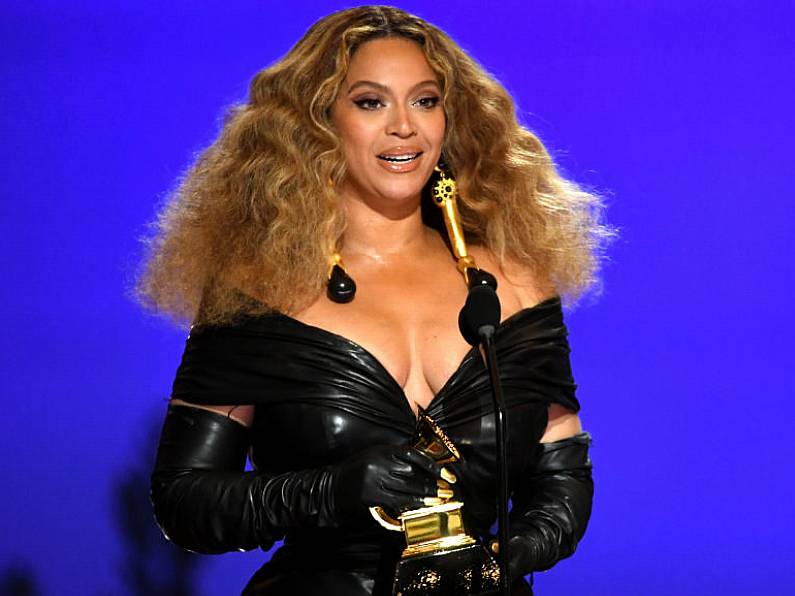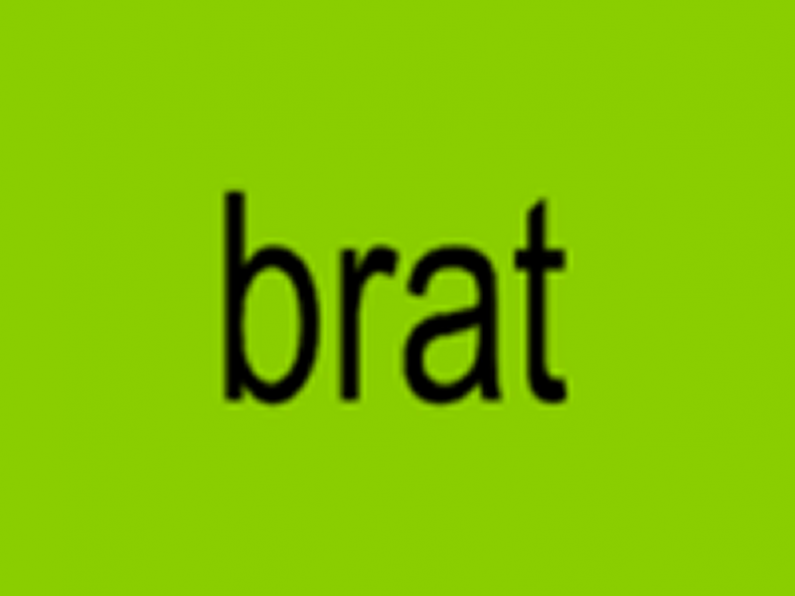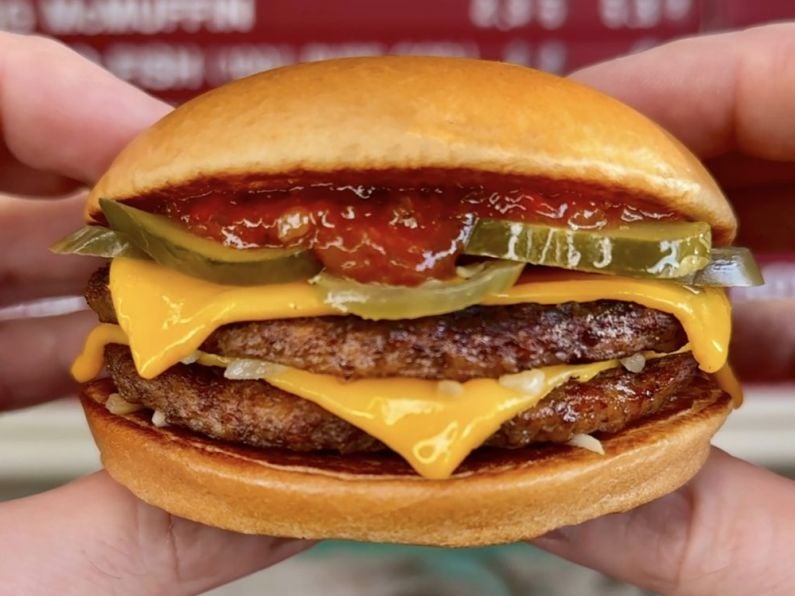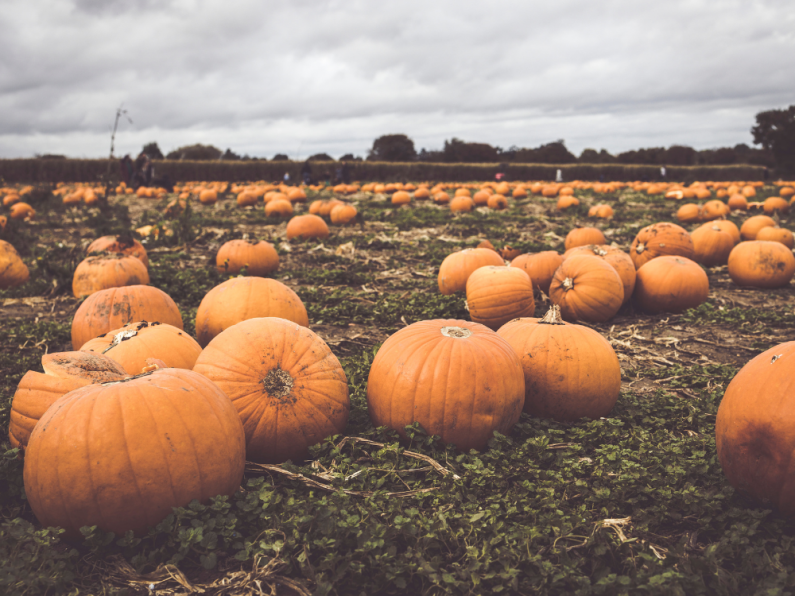By Pádraig Hoare
The number of British visitors to Ireland continued to rise in June, official figures have shown, while there was a further sharp rise in north American visitors.
Despite the almost 2% rise in Britons to more than 315,000 compared to a year earlier, tourism industry figures said the overall number was still down significantly in the past two years.
The drop in sterling has led to a marked decrease in numbers from the UK since the Brexit vote in 2016, leading to calls for a tourism industry Brexit-support fund.
Visitor numbers from the UK have increased since April this year, but are still well down on mid-2016, CSO figures show.
Irish Tourism Industry Confederation chief executive Eoghan O’Mara Walsh said a more than 6% increase in visitors from the US and Canada in June from a year earlier should not “camouflage the worrying falloff in British tourists”.
“Numbers in June were indeed up from Britain, but that 2% rise was far less than other markets such as the US and Europe. A hard Brexit would be devastating. After next March if there is no deal, we will be very vulnerable. The British market still makes up four out of 10 visitors,” he said.
A confederation report this week suggested a hard or no-deal Brexit would directly cost €260m to the tourism sector in its immediate aftermath, and potentially reach €500m in the medium-term.
The Border, southeast, Midlands and mid-east regions are relatively more dependent on the British market than Dublin, accounting for 40% of income from overseas tourism in each region, said the confederation.
The north American market has proved very lucrative because of the spending power of US and Canadian visitors, Mr O’Mara Walsh said.
“It is a great market thankfully and is performing very strongly,” he said.
The CSO showed trips by European visitors other than by Britons rose 2.7% to 366,000 in June, compared to a year earlier. The total number of trips to Ireland by overseas residents overall rose 3.4% to 1.26 million, an increase of 33,700 against a year earlier, the CSO said.


